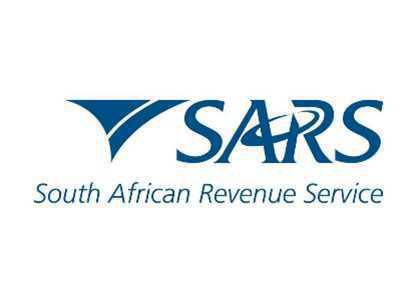The South African Revenue Service (SARS) has embarked on a digital transformation journey to modernise and enhance its tax administration capabilities. The aim is to improve service delivery, compliance, efficiency and effectiveness, as well as to combat tax evasion and fraud. Some of the key initiatives that SARS has implemented or is planning to implement include:
- The eFiling system, which allows taxpayers to submit their returns and payments online, as well as to access various services and information.
- The e@syFile system, which enables employers to submit their payroll tax returns and payments electronically.
- The eAccounting system, which integrates the accounting records of taxpayers with the SARS systems, reducing the need for manual interventions and audits.
- The e-Invoicing system, which enables the issuance and verification of electronic invoices, as well as the tracking of transactions and payments.
- The e-Customs system, which facilitates the clearance and inspection of goods at the borders, as well as the collection of customs duties and taxes.
- The e-Audit system, which automates the audit process and enhances the risk profiling and selection of taxpayers for audits.
- The e-Case Management system, which streamlines the resolution of disputes and appeals between taxpayers and SARS.
These digitalisation initiatives have brought about several benefits for both SARS and taxpayers, such as:
- Increased convenience, accessibility and transparency for taxpayers
- Reduced costs, errors and delays for both parties
- Improved compliance levels and revenue collection
- Enhanced data quality and analysis
However, digitalisation also poses some challenges and risks for SARS and taxpayers, such as:
- Cybersecurity threats
- Data protection issues
- Digital divide issues,
- Digital ethics issues
Therefore, SARS needs to adopt a holistic and proactive approach to address these challenges and risks, by:
- Implementing robust cybersecurity measures and protocols
- Complying with relevant data protection laws and regulations
- Promoting digital inclusion and literacy
- Ensuring digital responsibility and accountability
In conclusion, digitalisation is a key enabler for SARS to achieve its vision of being a smart, modern and responsive tax authority. However, digitalisation also entails some challenges and risks that need to be managed carefully. By balancing the opportunities and threats of digitalisation, SARS can enhance its tax administration capabilities while ensuring the trust and satisfaction of taxpayers.
Should you have any queries in this regard please do not hesitate to contact us for professional advice.
DISCLAIMER: The material and information contained in this article is for general information purposes only. You should not rely upon the material or information in this article as the basis for making any business, legal or other decisions.


